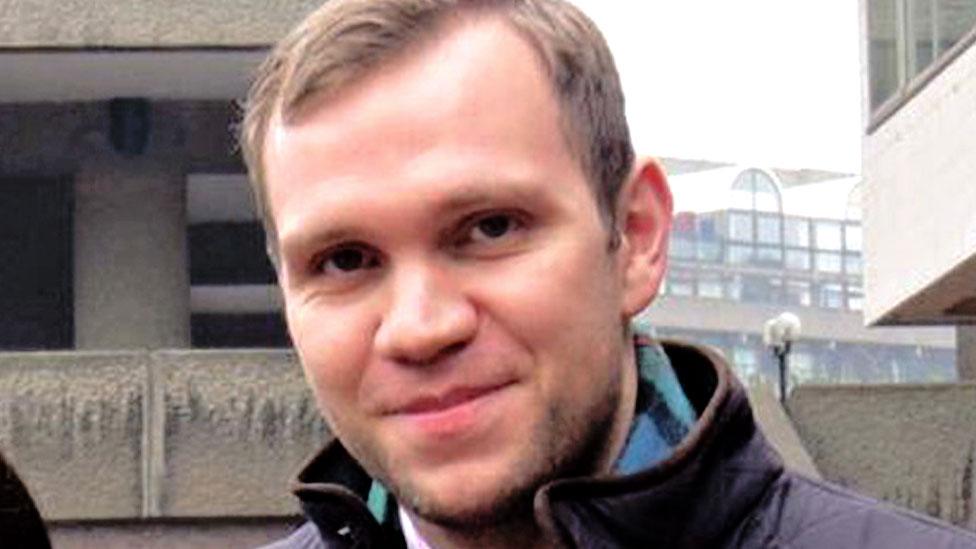Foreign Office 'failed to protect' Matthew Hedges from UAE torture
- Published
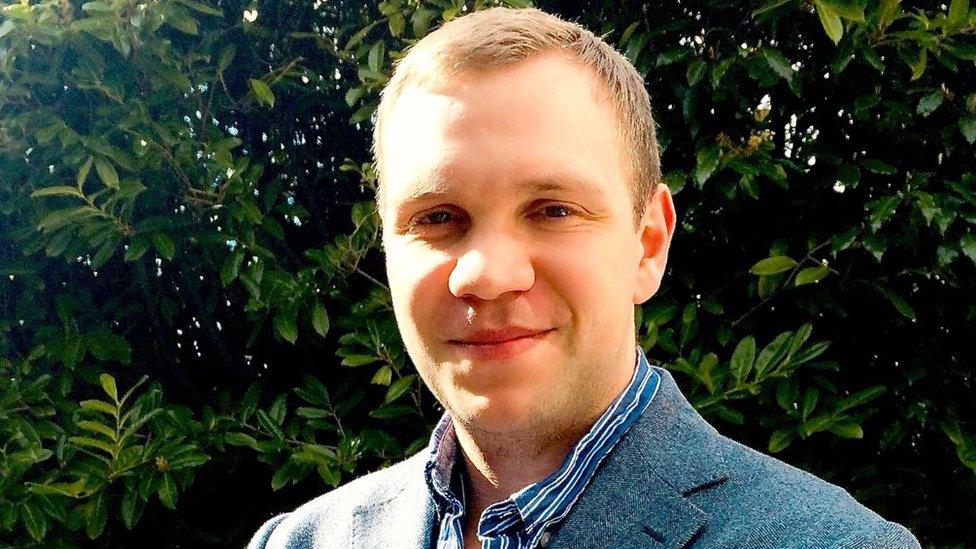
Matthew Hedges said the apology was "crucial" for his recovery
The Foreign Office has been told to make a formal apology to a British academic who was accused of spying and tortured in the United Arab Emirates.
Matthew Hedges, originally from Exeter, repeatedly denied the accusation and said he was researching for his Durham University PhD.
He called the Parliamentary Ombudsman's ruling that the Foreign Office failed to protect him "a personal victory".
The Foreign Office (FCDO) said it would "review the ombudsman's findings".
The watchdog said the department had "missed signs of potential torture".
Visits to Dr Hedges by British Embassy officials were always supervised by guards "who told him what to say" but officials did not take account of "clear signs" he might have been mistreated, such as his voice shaking, his avoidance of eye contact and his references to having anxiety attacks, it said.
FCDO guidelines tell staff to act on warning signs even when they do not have consent and "it must have been clear to FCDO staff that he was not in a position to give or withhold consent", the watchdog added.
Dr Hedges said the ombudsman's ruling was an "acknowledgement" of what happened.
"It's a personal victory for me to know that it wasn't just my experience but others recognised it," he said.
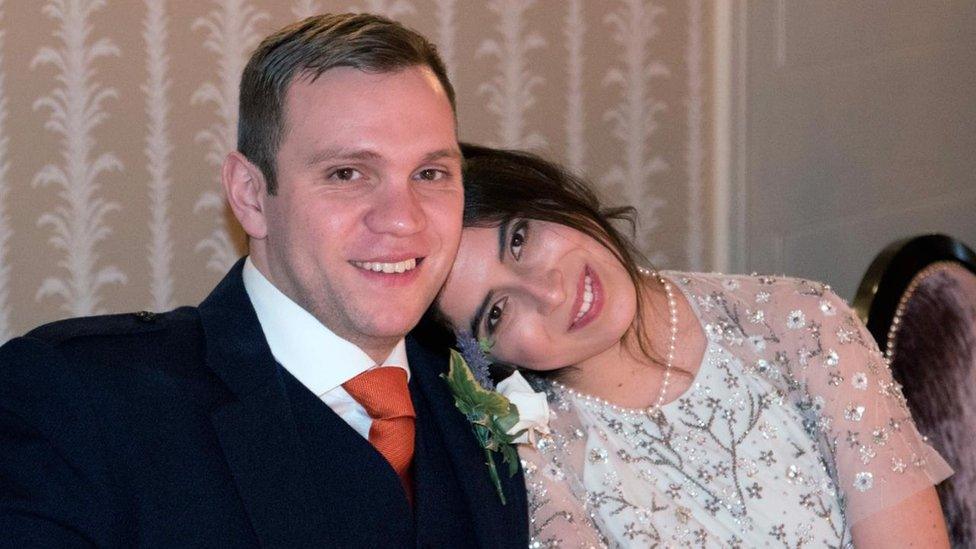
Matthew Hedges' wife Daniela Tejada campaigned to have him freed
Dr Hedges was in Abu Dhabi in 2018 when he was accused of working for MI6 and "spying for or on behalf of" the UK government
The UAE authorities said material found on his laptop proved he was a spy. He was sentenced to life imprisonment but was pardoned by the nation's president days later.
Dr Hedges said he was kept in handcuffs and in solitary confinement, questioned for hours and fed a cocktail of drugs. He said he was left with post traumatic stress disorder and insomnia.
On his release he complained to the Parliamentary Ombudsman about the government's response.
The watchdog has now found the Foreign Office failed to protect him and should pay £1,500 compensation.
Terrifying 'nightmare'
Dr Hedges said the money was "a paltry sum" but welcomed the apology.
"The most crucial thing for my recovery is a formal apology from the Foreign Office and for them to acknowledge and to implement changes so that other people who are currently, or have been, in similar circumstances don't have to endure this," he said.
Chief executive of the ombudsman's office, Rebecca Hilsenrath, said the "nightmare" of Mr Hedges' terrifying experience was "made even worse by being failed by the British government".
"He trusted them to help him and they let him down," she said.
The FCDO said it had "worked extensively on this case" and raised it at ministerial level "on multiple occasions".
A spokesperson said: "The best interests of British nationals, including those detained overseas, is at the heart of our consular work and we support their families wherever we can."

Follow BBC North East & Cumbria on Twitter, external, Facebook, external and Instagram, external. Send your story ideas to northeastandcumbria@bbc.co.uk, external.
- Published5 May 2021
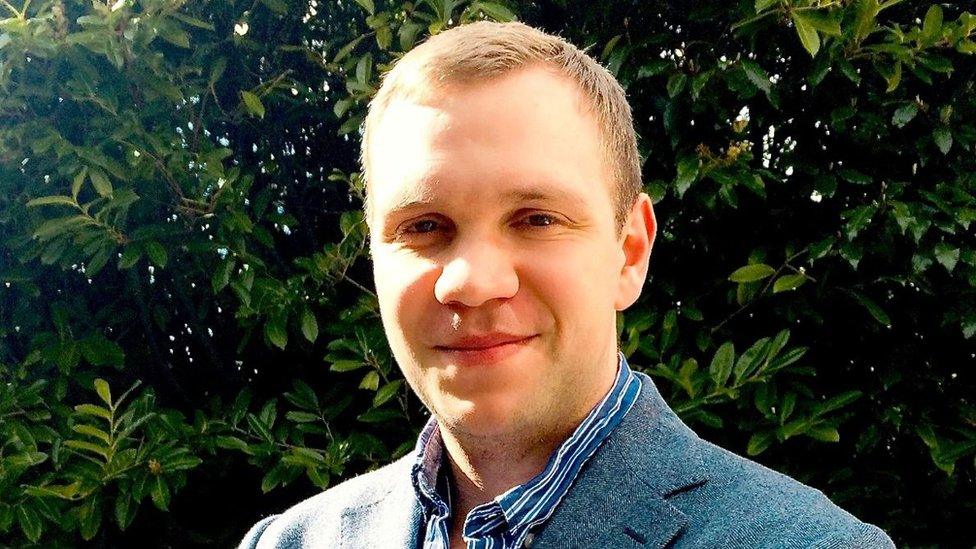
- Published18 December 2018
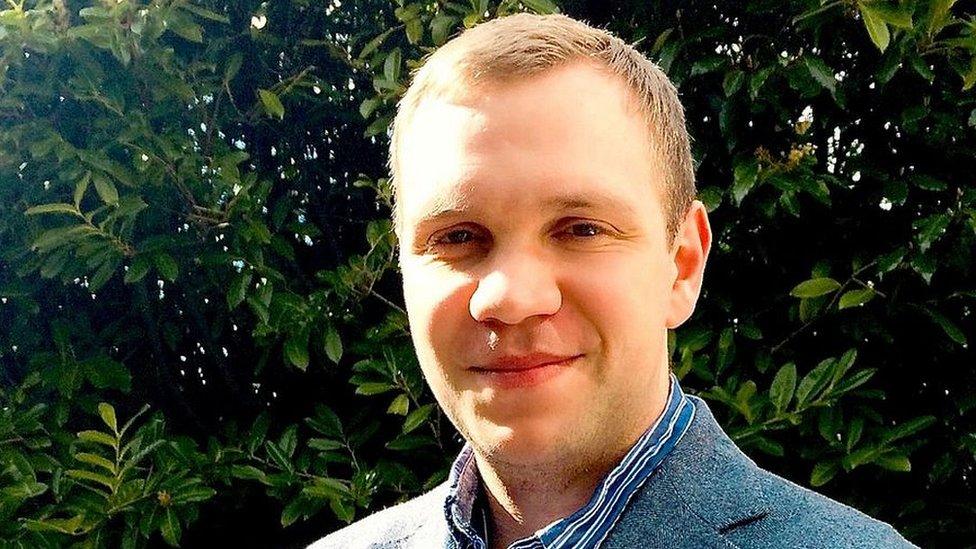
- Published18 December 2018
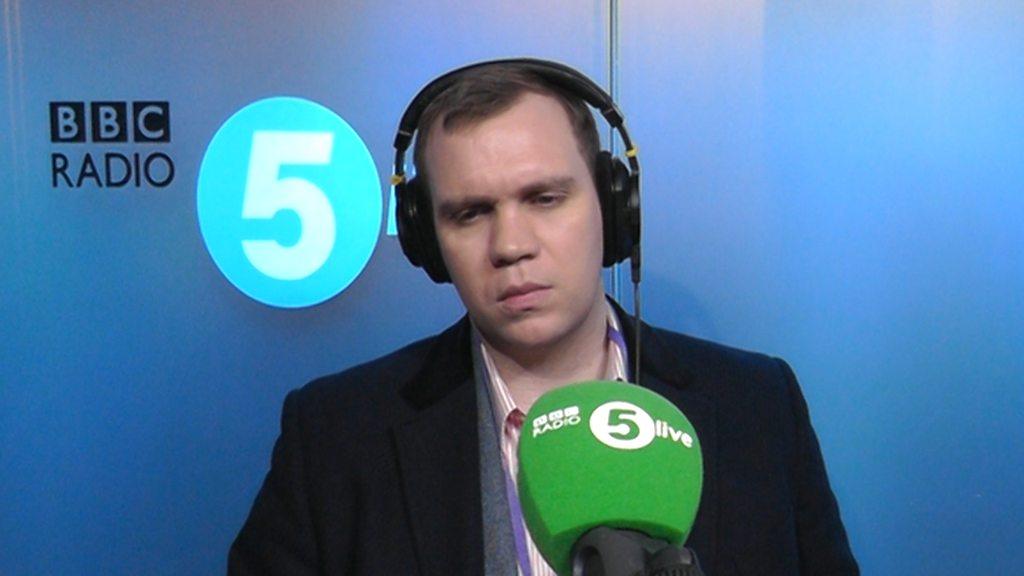
- Published5 December 2018
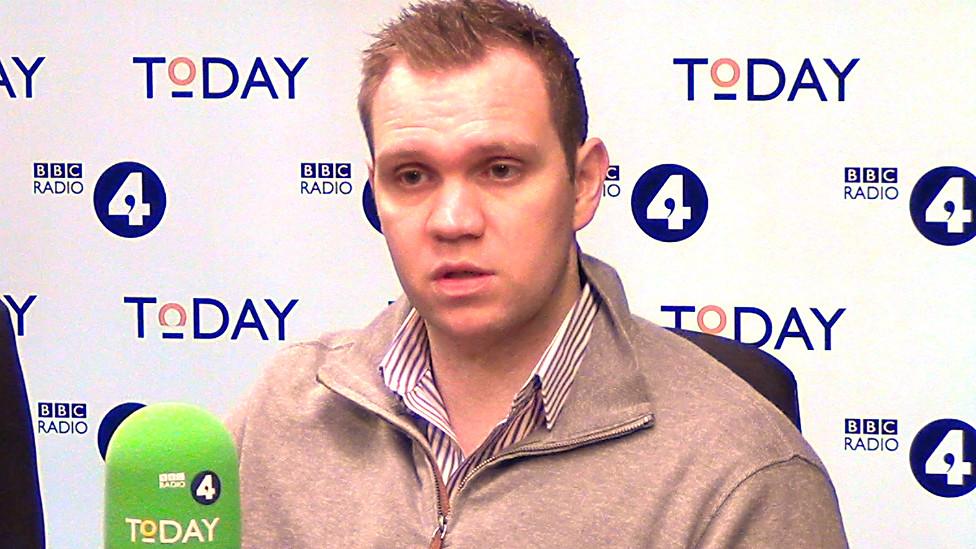
- Published27 November 2018
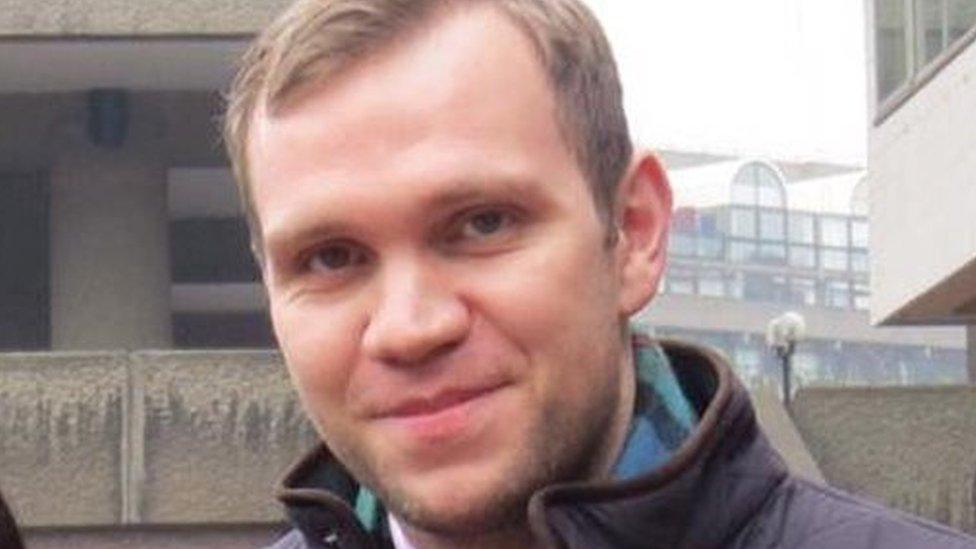
- Published21 November 2018
